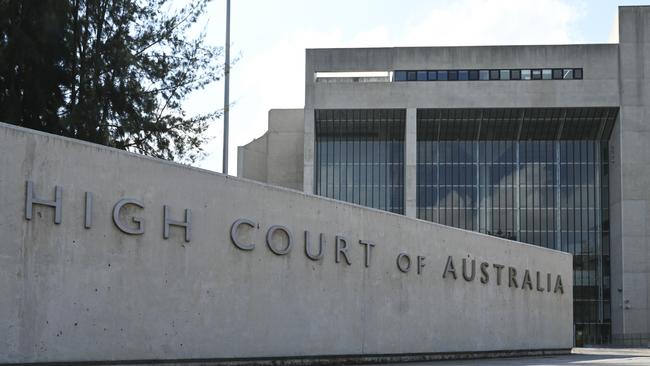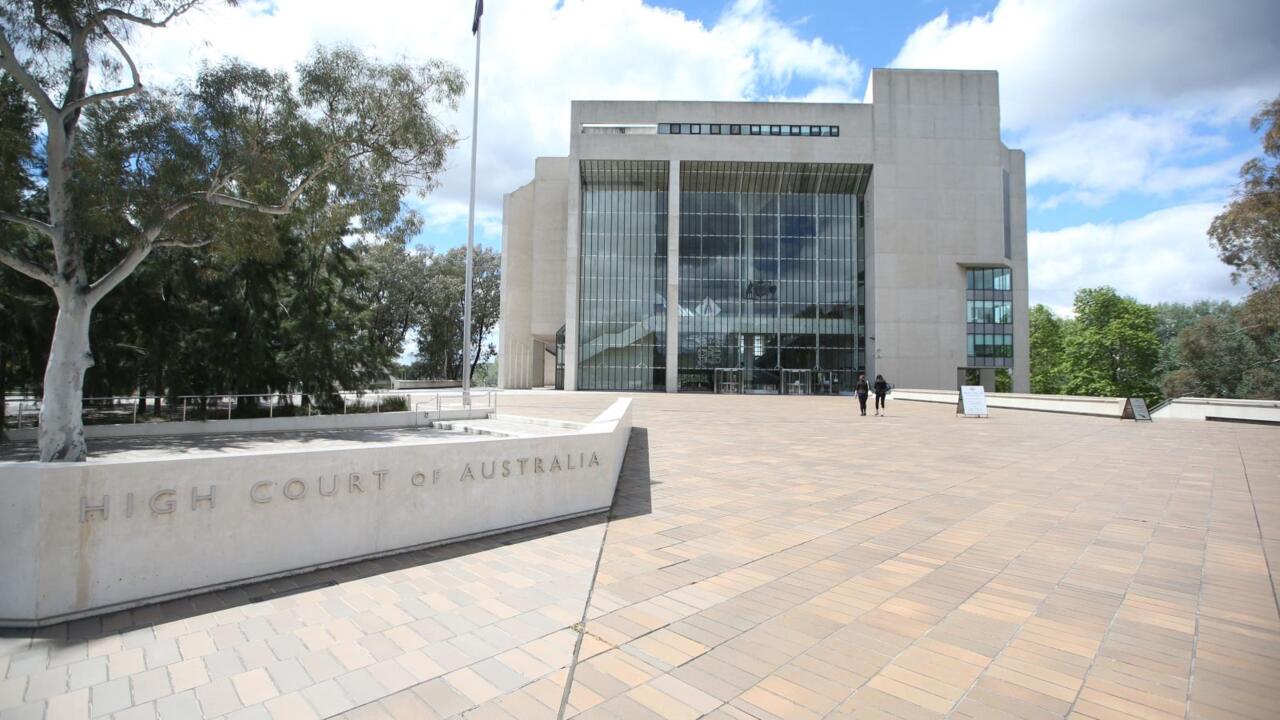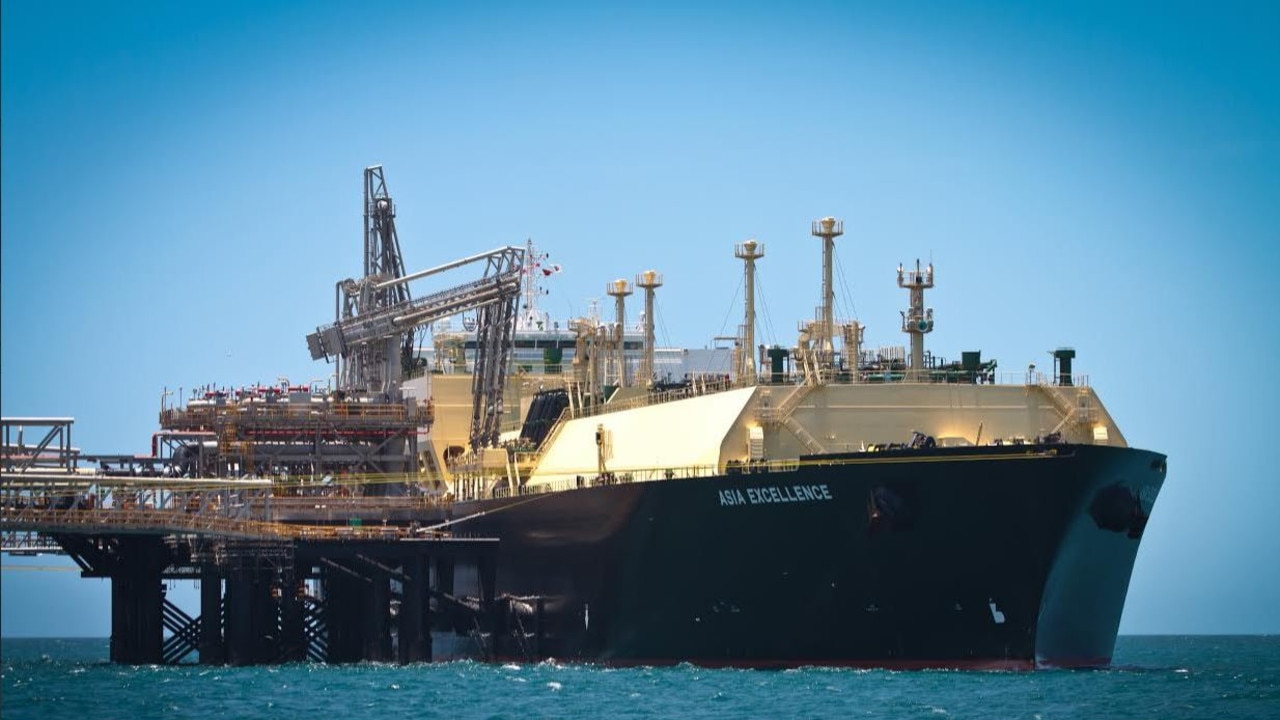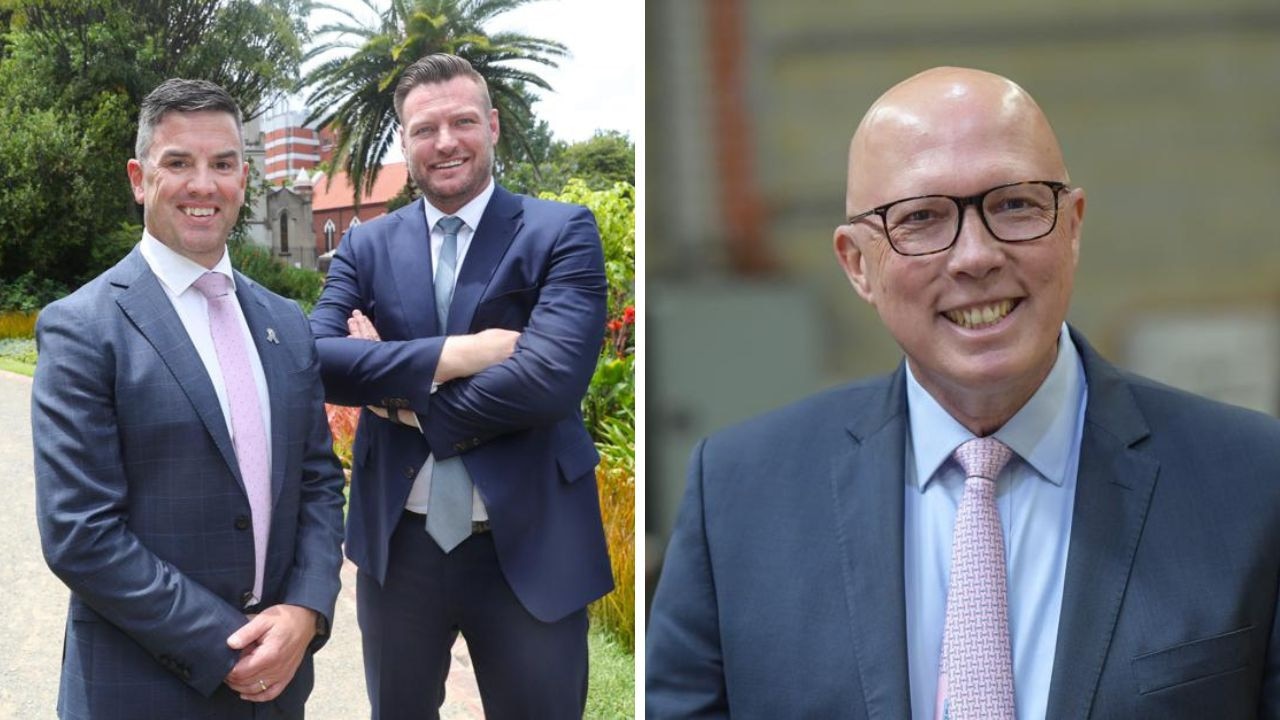Perilous legal path through migrant detention quagmire

The High Court has heard argument and reserved its decision in the highly anticipated case of ASF17. It follows the court’s landmark ruling in NZYQ last year that non-citizens cannot be detained indefinitely once there is “no real prospect of removal from Australia becoming practicable in the reasonably foreseeable future”.
This led to the release of 151 detainees, many of whom had committed serious crimes. It also provoked an ongoing, highly charged political debate about community protection and the rights of asylum-seekers.
The decision in NZYQ was never going to be the end of the High Court’s involvement in these issues. It was simply its first decision setting out a test for this group of detainees. The legal test will now be scrutinised and refined across a succession of cases over the coming years. This will raise questions only the courts can answer because NZYQ is based on an interpretation of the Constitution. In the absence of a referendum, this judicial interpretation binds the parliament and government, and cannot be overridden by legislation.

Many questions arise from NZYQ that will affect when the commonwealth is permitted to keep someone in detention. For example, what does it mean to say that someone cannot be deported within the “reasonably foreseeable future”? Does this mean someone must be released if there is no prospect of removal in a month, a year or longer? And what does “no real prospect of removal” amount to? Must a person be released if there is a less than 50 per cent chance of deportation, or at some other level of probability?
Cases will often fall into these shades of grey. They will typically be resolved by lower courts in the Australian judicial hierarchy, with the High Court from time to time taking on important questions by way of a test case. This is what has occurred with its hearing in ASF17.
The case involves an Iranian citizen detained in Australia for more than a decade. He has not been found to be a refugee, and so has no right to remain in Australia. However, he cannot be deported because he has refused to meet with Iranian authorities to secure the necessary travel documents. He says returning to Iran would amount to a death sentence, including because he is bisexual and a Christian.
The High Court’s decision in NZYQ says nothing about this scenario. On its face, the test suggests someone should be released into the community where they cannot be deported, whatever the reason for this. However, the commonwealth hopes it can convince the High Court to make an exception. It argued that the constitutional rule should not require a person to be released where that person is not co-operating with their deportation. This would avoid large numbers of detainees refusing to assist in order to engineer their release into the community.
ASF17 is an appeal from a Federal Court decision by Justice Craig Colvin that the Iranian citizen should not be released. The judge raised questions about the reliability of the detainee’s evidence and was not persuaded that the reasons for his lack of co-operation were genuine. The judge held that the detainee “was not refusing to undertake voluntary actions to assist in his return to Iran because of a genuine subjective fear of harm”. For example, the judge did not accept that the detainee is a practising Christian.
The detainee appealed this decision, which the commonwealth had this removed directly into the High Court. The commonwealth no doubt sees the issue as a key point of principle, and as an opportunity to limit the scope of NZYQ.

There is a good possibility that the commonwealth will win the case due to the High Court holding that detainees must co-operate to secure their own deportation. However, the court may qualify this by finding that detainees are entitled to withhold their co-operation in exceptional cases. It might be, for example, that the detainee lacks the capacity to co-operate for medical reasons, or they may have a soundly based fear for their life if they are returned to their home country. As in NZYQ, the outcome is highly uncertain.
A loss for the commonwealth, or even recognition that detainees can in limited circumstances withhold their co-operation, could lead to the release of many more people from immigration detention. The government sought to pre-empt this by introducing emergency legislation into parliament at the end of March to imprison people who fail to co-operate with their removal from Australia. However, the Coalition has so far withheld its support, and the bill remains in limbo. This has set up yet another high-stakes battle in parliament depending on how the High Court rules.
George Williams is a deputy vice-chancellor and professor of law at the University of NSW.





